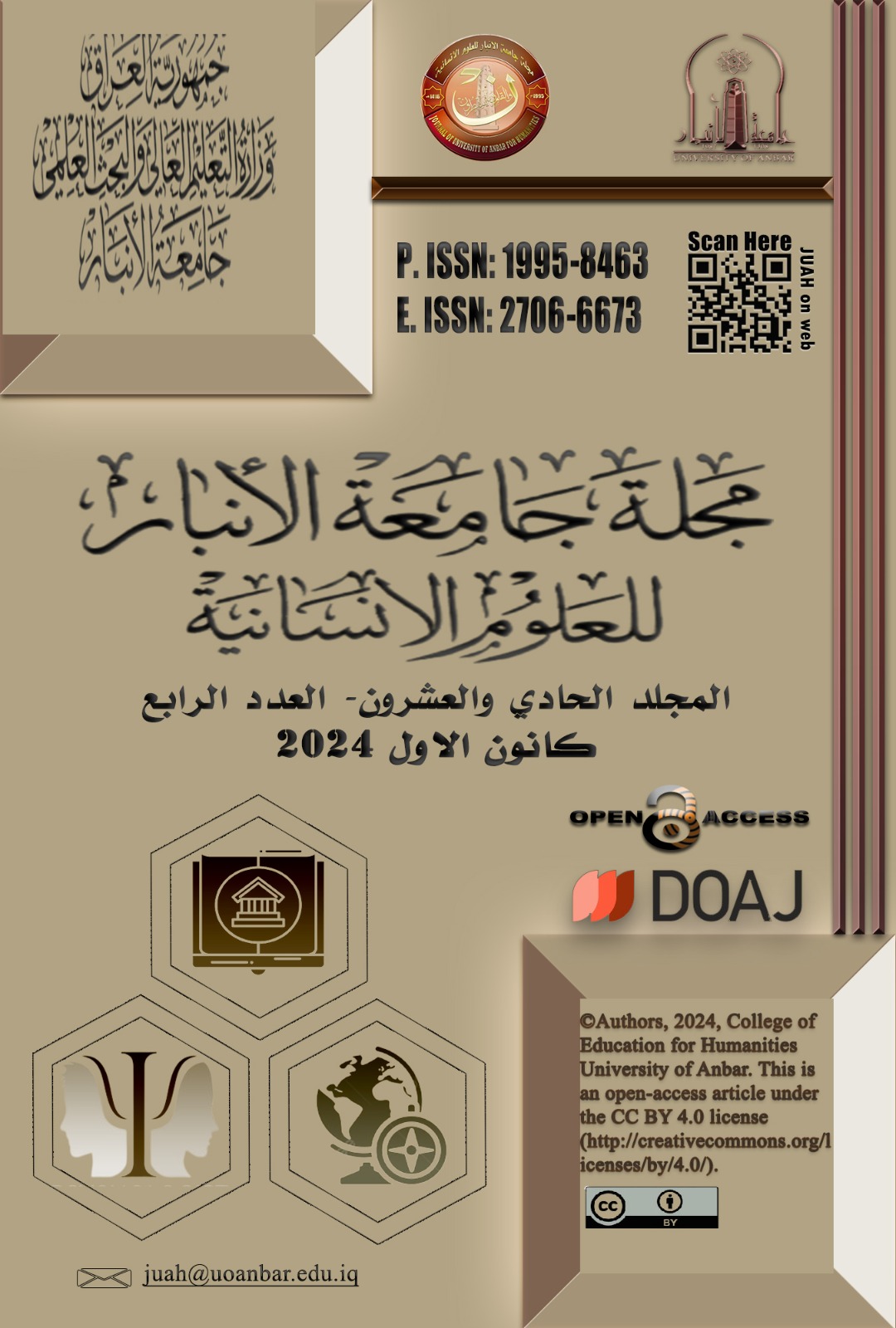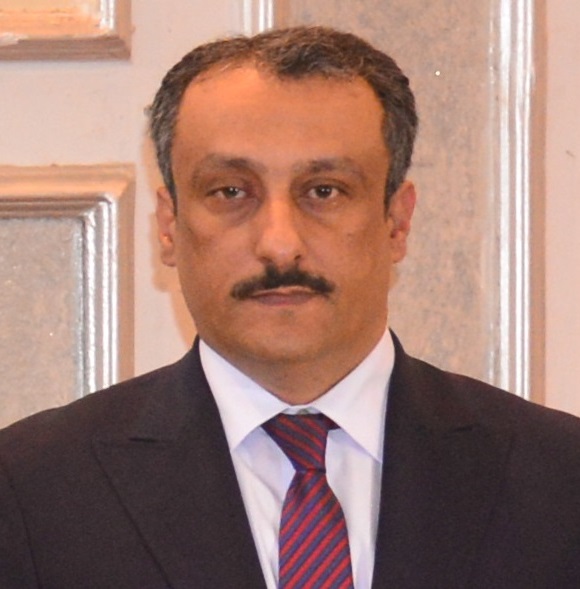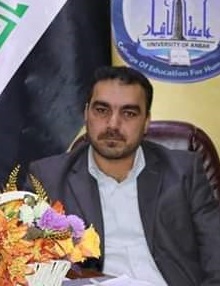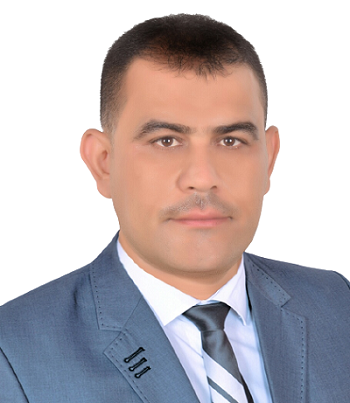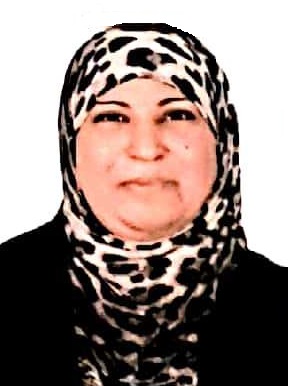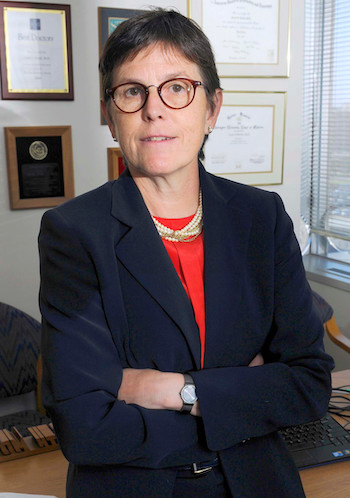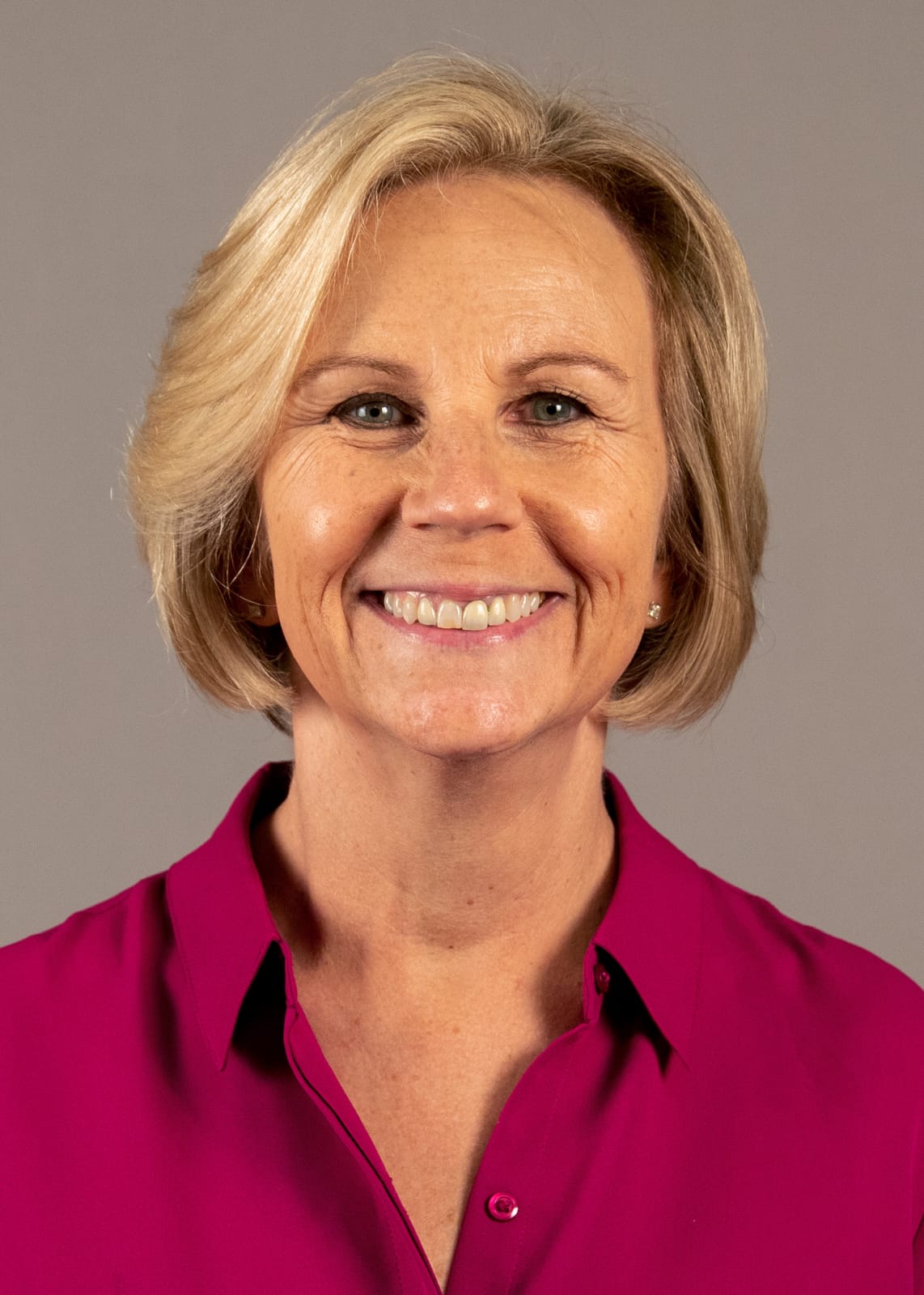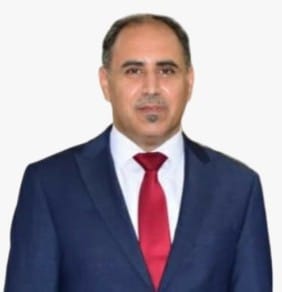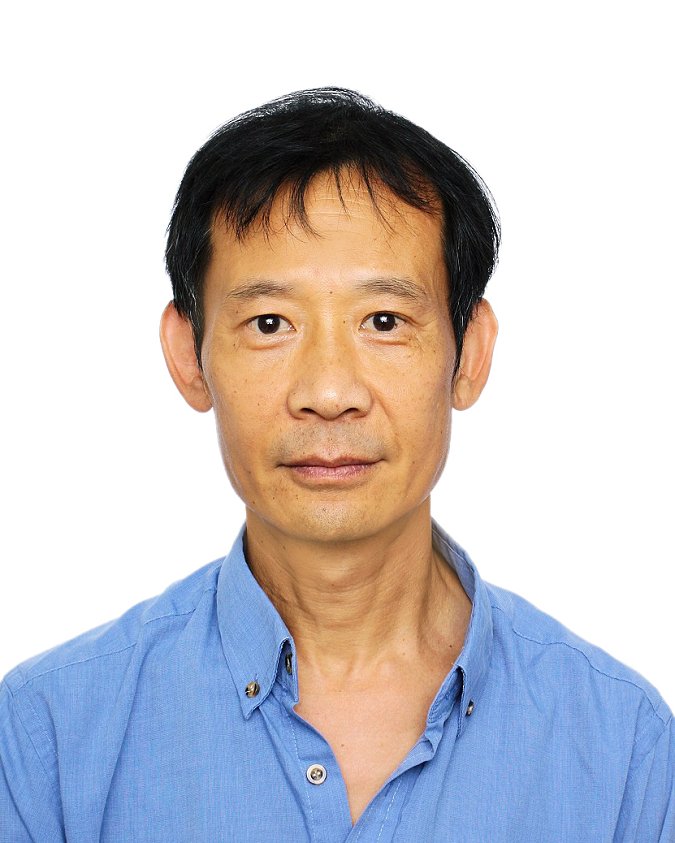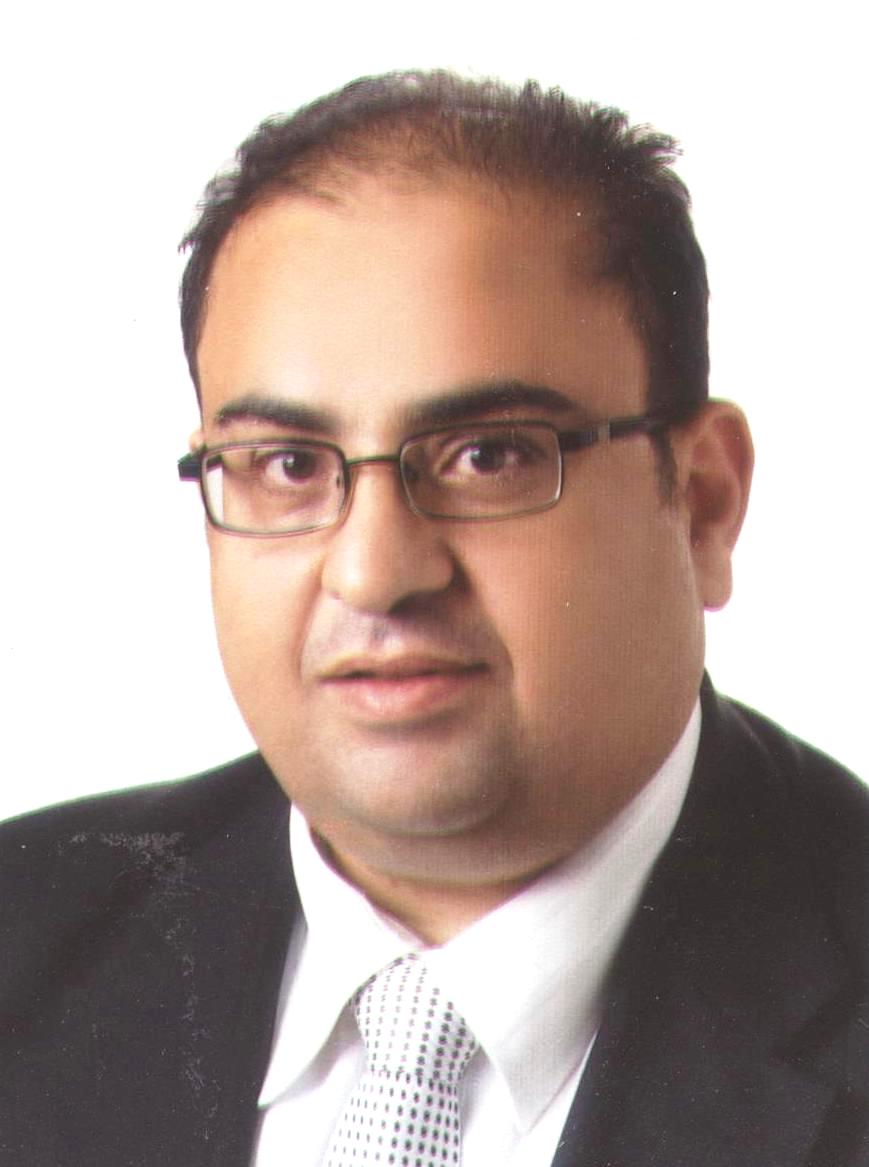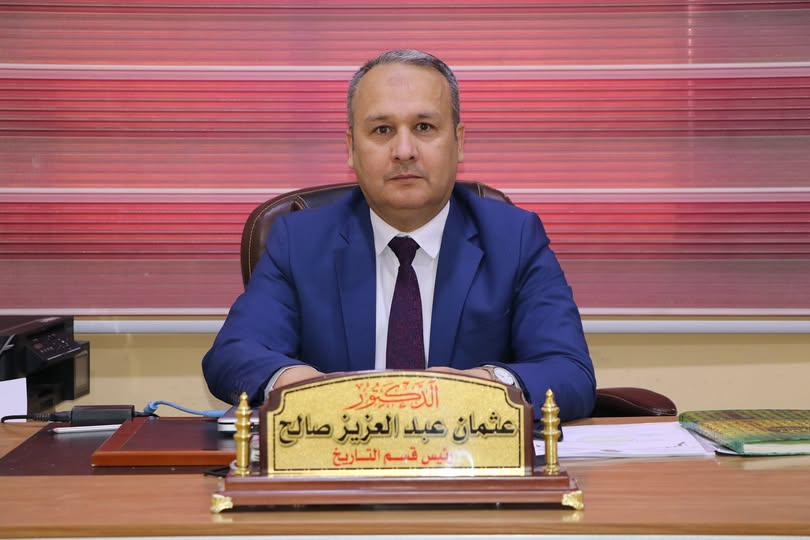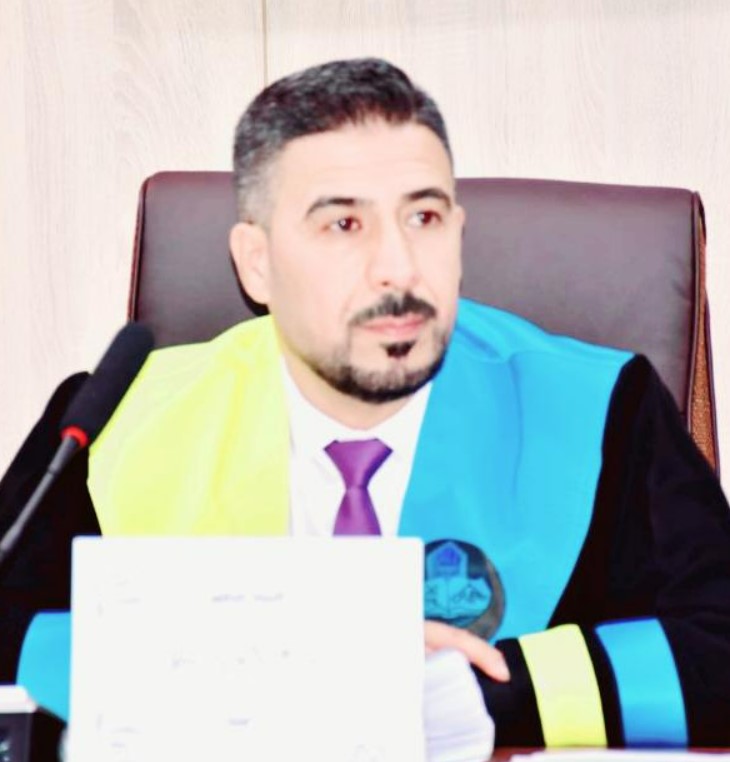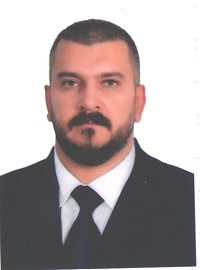How do we maintain Open Access?
We publish our articles with creative commons license agreement. Moreover, we understand that the article is a product of the author, but on publishing it, the rights are also shared with the publisher; so we obtain certain publishing rights from the author through an agreement form at the time of submission. This agreement gives us the strength to distribute, disseminate and index the articles extensively but we never take the rights of an author for the content because it is their intellectual property. Moreover, it is against the open access policy.
Maintaining open access without any public funds is impossible, but we have crossed 14 years of service without any Governmental and Non- Governmental participation in our core process. We adopted a pay per article model and successfully lead the journal with advancements. The process of preservation is quite hard and we are trying for digital preservation through certified programs available.
Always a hardcopy is available for dissemination with the journal publisher as a safety stock. This would make us launching the e-content even if all possibilities are locked.
We have also indexed our content in many file sharing, abstracting and indexing services that would be available online for free download.
Why Open Access Periodicals?
Easy Availability
1. We can easily get the article on search as the whole text is freely available online.
2. Researchers can use the text as unrestricted.
3. The researchers are allowed to build their own concepts on the existing articles which may lead to extended commentary on the subject.
4. Rather than the classical print journals, the availability in the e-form made many to access the content in an easy mode.
No fees for readers
1. Open Access costs nothing for an author to read, comment, download and use the text from a journal.
2. This provides and satisfies the need of a researcher who is not with a fat wallet.
3. This is the right way to enrich the world without any toll process, whereas the latter delimits the reader with his/her economic status.
Content sharing
1. We freely share the content in all possible modes under the banner of Open Access.
2. The possibility of repeating research and wasting time on identified matters are limited here due to open access.
3. Due to high indexing possibilities, the open-access concept has gained much more reverence in sharing of the needed content throughout the world.
Improved educational possibilities
1. Open access provides a platform for the professors, scientists and students to access the latest available research without hassle in the process.
2. Technology, innovation and other scientific developments reach the researcher completely and immediately due to the open-access platform
3. The availability of contents in e-platform and m-platform have increased the educational inquisitiveness in young minds, and updating is no more a hard process.
